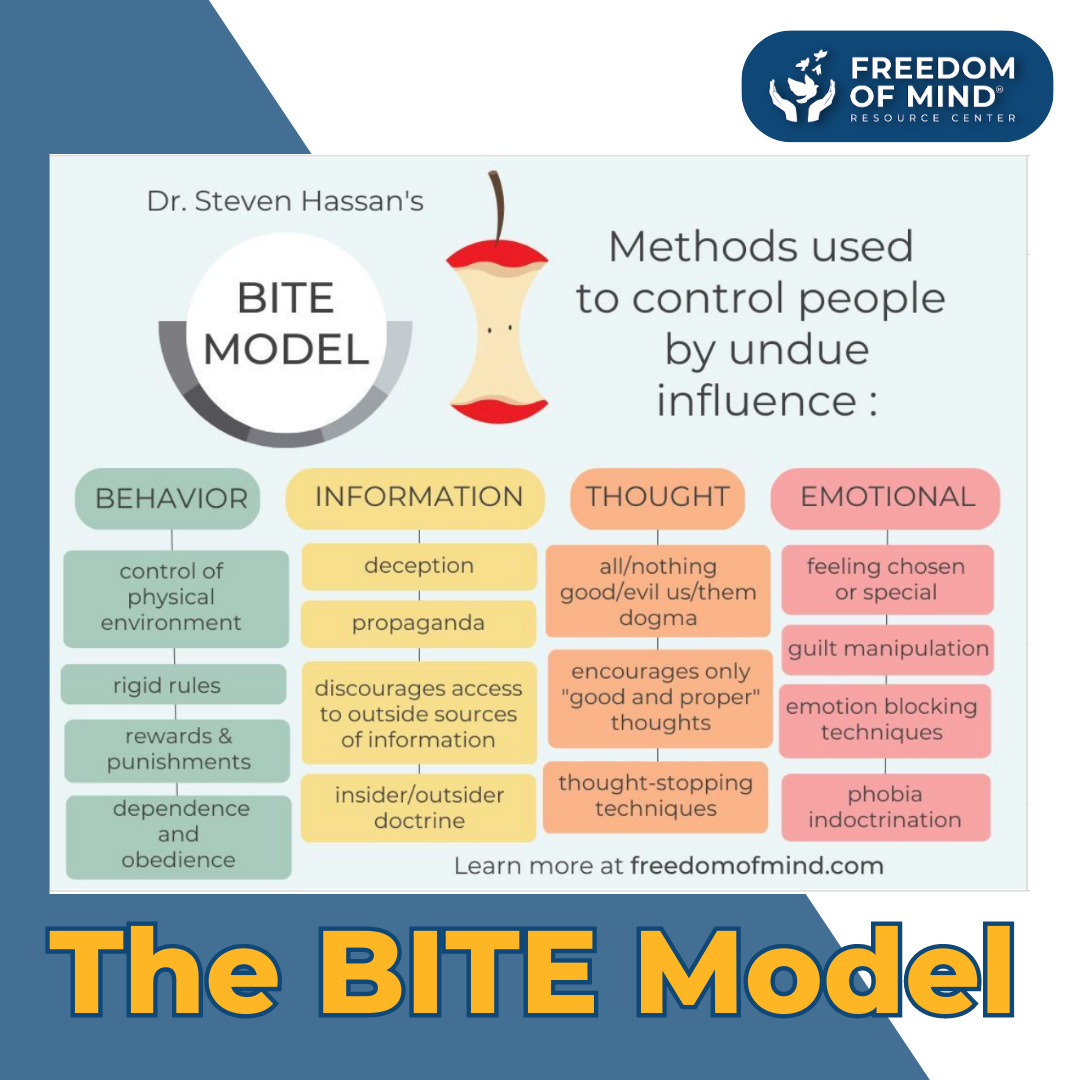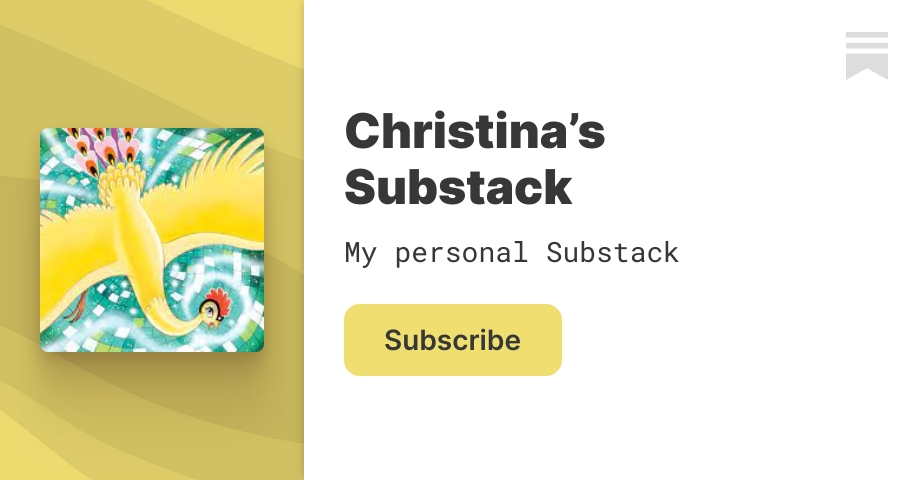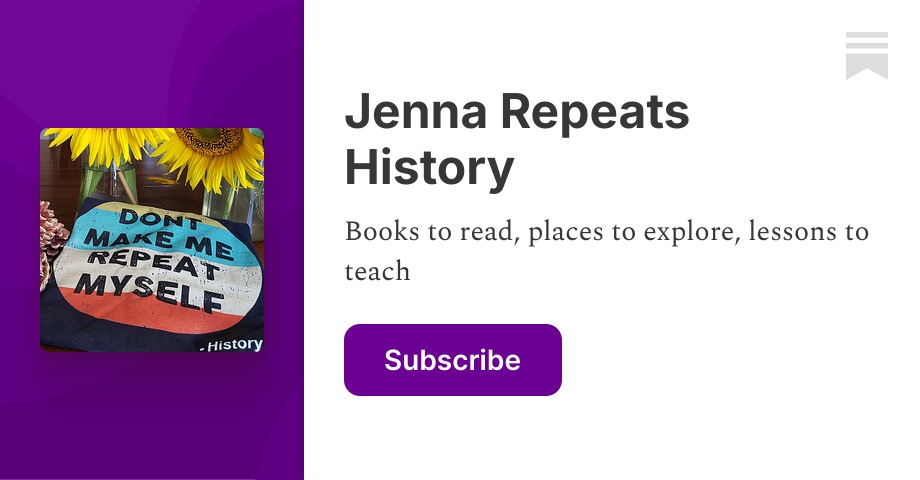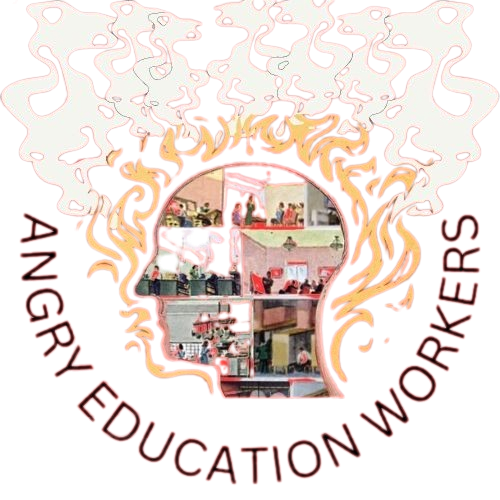Practical Research Tools for your own Workers' Self-Inquiry
To understand the exploitation and alienation we experience in our individual workplaces, we have to research widely and deeply about matters that, on their surface, have nothing to do with our jobs.

Introduction
To understand the exploitation and alienation we experience in our individual workplaces, we have to research widely and deeply about matters that, on their surface, have nothing to do with our jobs. Most educators—most workers—struggle to dedicate the time and energy necessary to do this sort of research. That’s where people like Christina, myself, and collective projects like Angry Education Workers come in: to streamline the process. Over the years, we have taught ourselves how to carry out workers’ self-inquiry in the education industry. But it’s only been through collaboration with other education workers that we’ve been able to develop a more systematic approach to dredging up information about education under capitalism.
Below, we lay out some concrete advice and methods for performing research on such a vast, diverse, and global industry as education. You’ll find specific resources with notes.

Research:
- Your local public library branch
Libraries are some of the best resources at your disposal. You can find books and other sources that you might not find anywhere else. And they almost always have lots of ways to access their materials online. If you don’t already, go get a membership at your local library!
Online library connected to brick and mortar library branches. You can reserve books online and then pick them up in real life.
Another online library (probably) connected to your local brick and mortar library branch.
An open access journal run by a team of library workers, for library workers. It centers workers’ perspectives in the high quality research it publishes.
An absolute treasure trove of research resources, including obscure books that are otherwise impossible to find in print. In my experience, it has been especially useful for finding texts on the early education industry.
This is the best resource I have found for fast facts about the education industry in the United States. Whenever I need some random bit of data, the NCES is a reliable source.
One of the best places to find academic research on history, including education history. You need a membership to see all the articles, but your local library might provide public access. And if you work or study at a college or university, you may also have access.
The online version of the History of Education Quarterly journal, a publication of The History of Education Society. It is a great source for high quality research on the global history of the industry. They also have a podcast and a blog.
A website with a whole bunch of different academic papers. While most of them aren’t related to education, many are, so it’s come in handy more than a few times for me.
Free research database maintained by the Department of Education.
The National Council on Teacher Quality is a pro-privatization group and should not be trusted. That said, it has a database of state laws on teachers’ unions and other education policy that is useful from time to time.
Education journalist and advocate who keeps a close eye on the moves of the forces of privatization in education.
One of my favorite sources for investigative journalism from reporters with revolutionary politics.
- Charter School Alliance newsletters
Chances are, the National Charter School Alliance has a local affiliate near you. And it’s likely they have a newsletter, website, or both. This applies to philanthropic foundations, as well. You can use these to keep tabs on what these groups are doing and what they think is important.
NPE is an advocacy group whose goal is to fight for public education against the forces of privatization. It produces and shares research on those waging war against public schools, which I have found particularly useful. Especially noteworthy is their Toolkit: School Privatization Explained, which is a webpage full of rebuttals of common “education reform” talking points.
MPU is one of my go to sources for hard hitting investigative labor journalism. They don’t do as many education focused stories, but I still find their work incredibly useful to my research.
Accessing sources
This link is to the Firefox browser version, but it’s available on other browsers, too. The name is pretty self explanatory—it’s a reliable way to get around annoying paywalls.
This link is also to the Firefox browser version but can be found on others. You can access a ton of articles from academic journals that are normally hidden behind paywalls, including many articles on JSTOR.
Best for STEM articles, but I’ve also been able to use this site to download quite a few academic papers on education history, studies of global privatization, and other useful resources.
- Feedbro browser extension
You can install this extension on most browsers. You can add links to most news websites, blogs, and journals. It’s made it really easy for me to keep tabs on what’s going on in education by collecting articles from a ton of different sources in one place.
Education news
Blog run by education journalist, and former educator of 30 years, Peter Greene. He is possibly the best education journalist I have ever encountered. He is essential reading for keeping track of the right-wing assault on education.
Education journalist Andy Spears focuses mostly on his local context in Tennessee, but his coverage is still relevant for the rest of us. His reporting on the cancer of Hillsdale College’s charter school scheme, for example, illuminates one of the largest threats public education faces in the United States.
Another progressive education journalist and advocate for public schools, Thomas Ultican’s blog is basically an archive of information about the scourge of privatization in education.
The blog of teacher, activist, and worker-intellectual Steven Singer. His work has been instrumental in conveying the threat of the “education reform” movement to other teachers, as well as the wider public.
The newsletter of the Los Angeles Chapter of the California Faculty Association (CFA). It focuses mostly on spreading important information about union matters to their membership, including many calls to action.
Newsletter of the Virginia Caucus of Rank and File Educators within the Richmond Education Association (REA). It gives us a window into the struggles workers are waging within their unions for a new type of unionism, as well as ways to make contact with like-minded worker-organizers.
Newsletter of the Movement of Rank and File Educators within the United Federation of Teachers (UFT), New York City’s AFT affiliate. This is another great glimpse into the struggles workers are waging within their unions.
Retired teacher unionist Fred Klonsky helps me to keep up to date on what nonsense the public boss class is always trying to pull on teachers—and public sector employees more broadly—in Illinois.
Newsletter by a rank-and-file organizer in the Movement of Rank and File Educators in the UFT. He provides detailed coverage of attempts to squelch out any traces of union democracy in the UFT.
Regular education news sites:
- Inside Higher Ed
- Higher Ed Dive
- K-12 Dive
- EdSurge
- ASCD SmartBrief
- Bucks County Beacon
- The 74
- Education Next
- Education Week
Theory and Strategy
“The Union Library Workers blog was originally a project of the Progressive Librarians Guild (PLG), an organization devoted to the open exchange of radical views on library and information issues. In 2023, it transitioned into a project of the American Library Association'-Allied Professional Association's Committee on the Salaries and Status of Library Workers”.
This is the best social justice education publication that I know of. It is an outstanding source of lesson plans, reflections on social justice pedagogy, and tangible ways for education workers to resist attacks on teaching the truth. A magazine subscription is only $2 a month.
For those in Virginia, follow this project that seeks to publicize worker struggles in the state, as well as treatises by and for workers on the labor movement, the left, and other topics.
One of the best publications about labor theory and strategy out there. Their coverage of the last few years teachers’ strikes has been high quality.
Labor theory, strategy, and news from a communist perspective. All of the articles are written by and for workers. While the publication doesn’t focus solely on education, they frequently report on education workers’ struggles. For example, they devoted an entire recent issue to strikes in the US higher education system.
The official publication of the IWW union. One of the best places to find coverage of underground workers’ struggles and labor theory.
A podcast hosted by labor journalist Maximillian Alvarez. He interviews rank-and-file workers of diverse backgrounds about their struggles and triumphs as they fight for their rights as working people. His coverage of Wisconsin teacher union history, the unionization of Caliber Beta Academy charter schools, and other labor struggles in education are particularly relevant.
Citing sources
In my opinion, this is the best application for saving and citing your sources. With the browser extension, you can save source information with the click of a button. Then, you can add in any anything the extension missed, and create bibliographies in whatever citation format you want. I have used it since high school, and now it is my go to for my research on education.
This is the best place to go when you have questions about source citation, besides Zotero. The website has countless thorough tutorials on how to cite different resources in different formats.
Workers’ Inquiry in Music Education
Christina Bishop has her own project of inquiry specifically in music education. One of her articles has been reposted on the Angry Education Workers blog. She compiles her efforts on a subreddit called r/FlyingCircusOrchestra, as well as on her Medium and Substack newsletters. Her work throws light on the sickening culture of abuse in music education, and how capitalism lies at its source. She outlines her story and general methodology below:


I had to become my own activist journalist out of the fact I had lost a lot of people who gave me belonging and protection. Flying Circus Orchestra started out on Google+ before moving to Reddit. I was trolled by every Band Director and Music Educator, the people who claimed they are the grown-ups in the room. Then I found someone who revealed that in the Cadets Drum and Brass Corps, Scott Achson, a staff member, was taking pictures of girls and women in their locker rooms. Everyone knew, yet did nothing. The person who reported this to me became my first mod of Flying Circus Orchestra.
Then, a Reddit user was doxxed by r/drumpcorps and came to me about reporting Pioneer Section Leader Morgan Larson after he heard complaints from students about his predatory behavior towards young women in Pioneer Drum and Brass Corps. Despite these heinous crimes he still performs for a DCA All Stars Corp. Then I found an article on my journey by percussionist and teacher Kevin Mazur, which has now been deleted. Titled “The Marching Industry Cult”, it called out how Dan Acherson, Lary McCormick, and Gorge Hopkins all loved the philosophy of Scientologist Werner Erhard, read his books, and went to Landmark Forum Education Seminars. Think Twin Flames but for Band Directors and Music Educators. I tried reaching out to him about his research and my group’s goal of non-toxic competitive marching and performing arts, but he called me a socialist failure, spewed bullshit about China, and slandered our group with homophobic slurs. He is calling out the power while still clinging to the past.
My method is that I focus on the stories people want to hide, especially in music education. I hate inspiration porn stories that involve band kids or corporate charities like Music for All and united Sound, because you don’t know what the wizards are hiding or doing behind the curtain. Drum Corps International (DCI) and Bands of America (BOA) videos that are shown in schools don’t show the lack of well-being and abuse that goes on. Instead, it’s meant to lure some hyped-up Middle School or High School kid or teen into joining a group that has a dangerous and toxic culture.
I also analyze data. For example, I have compared data from the 2019 Poverty USA Map and where the major DCI governing corps are located according to their counties. When you click on each city it shows you the map.
It proves that DCI corps are not set up to improve different communities randomly, but to exploit communities that were once middle-class. Leaving local bands and music charities in those communities to become competitive or to drink the DCI and BOA Koolaide. Every person who runs a band or corp sets the tone for how staff should act and how students should treat each other.


Angry Education Workers materials
We are part of a collective project called the Angry Education Workers. Please see our digital library of even more sources.
I set up a public digital library of sources for the collective. So far, it’s mostly stuff I’ve added. But if you want to add sources to the library, make a Zotero account and join.
- Worker Self-Inquiry Surveys
These surveys are designed to collect the experiences of individual education workers, and to transmit specific research methods for other worker-organizers to use.
Communities
There are quite a few online communities, such as subreddits and discord servers, where large numbers of educators congregate. These are great places to connect with other education workers. They also are hubs for sharing experiences, stories, and resources that make them useful as a means of keeping your ear to the ground.
You can also find even more specifically tailored education subreddits, especially in the sidebar of the r/Teachers subreddit.
- r/Teachers
- r/Education
- r/TeachersOfColor
- r/GradSchool
- r/HigherEducation
- r/TeacherReality
- r/AnarchistTeachers
- Teachers' Lounge Discord Server
- Education Network Discord Server
Curriculum resources
- Jenna Repeats History

IWW DC, MD, and VA Education Workers Organizing Committee materials
There is a burgeoning effort to build an industrially organized union by and for ALL education workers from the ground up, with the assistance of the IWW. Please consider joining the union, or at least sharing our materials with other educators you know.
DMV_EWOC | Twitter, Instagram | Linktree
Readings, theory, and resources
Thank you for reading! Please like, share, and comment with any resources you think we should add to the list.
Who are the Angry Education Workers?
This is a project to gather a community of revolutionary education workers who want a new society. We want to build contacts between education workers around the world. The goal is to become a platform for educators of all backgrounds and job roles to share worker-centered inquiries (of any artistic medium) into the education industry under capitalism. We can then workshop and boost each others' work. Doing this, we can help each other figure out how to intervene effectively to build worker power in our local contexts and make education a truly public good. Join our discord community to get involved!
If you are a union, political collective, mutual aid network, or other organization, and want us to publish materials for you, please reach out!





